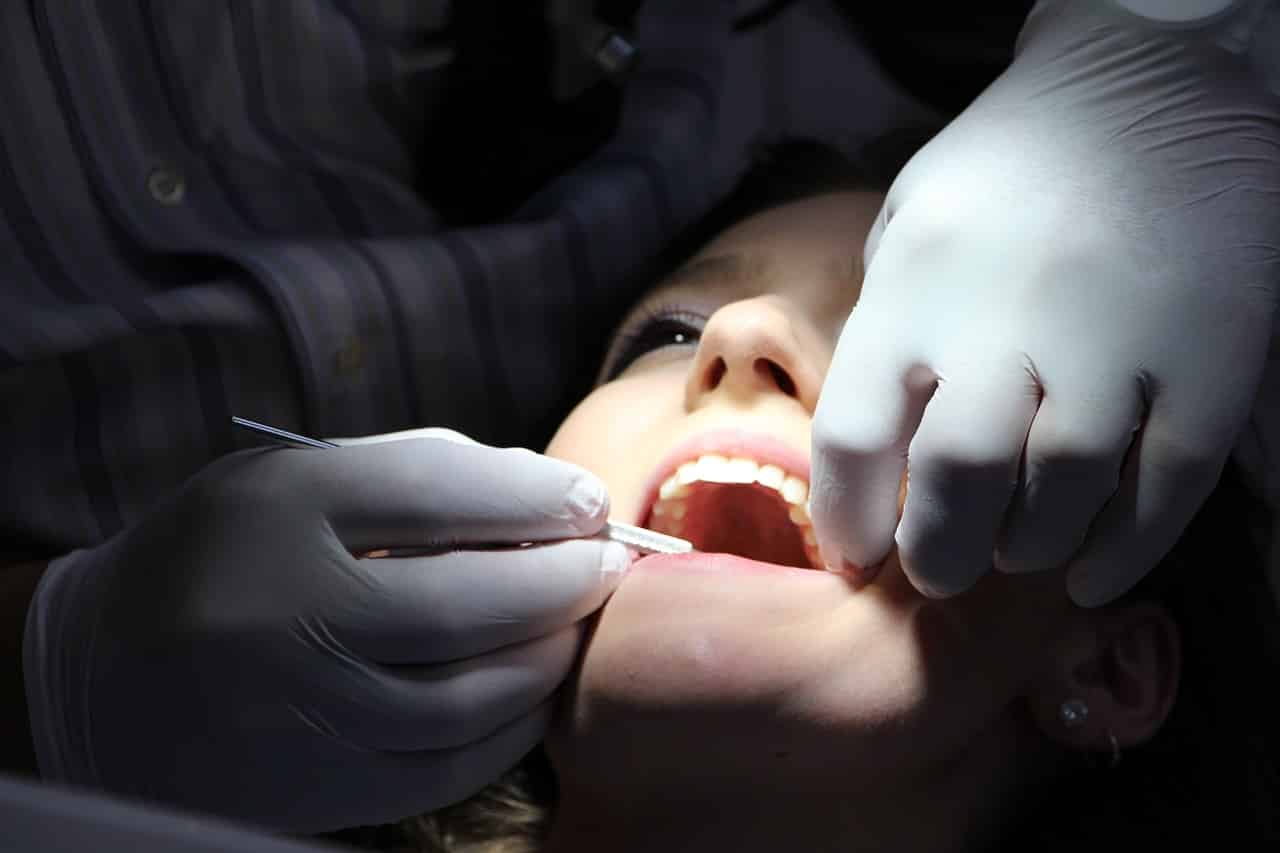
What benefits your company will provide your employees is an important consideration to make. Benefits are often one of the best tools a small business can have to both attract and retain top talent. Small businesses often cannot afford to pay their employees massive salaries, so it is common to make up for that by providing desirable benefits instead. With this in mind, is it worth it for small businesses to provide dental benefits?
It Is Not Legally Required
First off, it’s important to remember that no business is required to provide dental insurance for its employees. The Affordable Care Act does not require any company to offer dental insurance. Whether your organization does or not is entirely optional. Providing dental insurance is an added expense that not every small business can afford. However, there are some very important reasons why it may be to your benefit to offer dental coverage.
It’s A Desired Benefit
Your small business wants to attract top talent, and benefits are an important way to do that. Job seekers want benefits, especially ones that will provide for the health of themselves and their families. Offering dental insurance is an important perk you can advertise when selling job seekers on why they should work for your company. If you don’t offer good benefits, the best employees will go elsewhere. If you choose not to offer dental insurance, you may find that you end up with more lackluster employees, which can cause your business to stagnate and result in additional problems.
It’s An Important Investment In Your Employees
Dental health, and even the cosmetic appearance of teeth, is more important than most people realize. If someone has a chipped tooth, for example, people form assumptions based on that appearance, whether fair or not. Because of this, failure to offer dental benefits can not only be detrimental to your employees’ personal lives. It can also be detrimental to your business. The employee with the chipped tooth may have a harder time making sales or closing deals on behalf of your company. Insurance that only provides dentures, instead of implants, is also insufficient. Dentures or bridges tend to result in bone loss around a lost tooth, which causes the jaw to sag and can lead to the loss of other teeth and additional dental issues. Dental implants replace the natural tooth with an artificial alternative that provides bone support and prevents future bone loss. This is well-known among professional dentists, including Karl Jobst of Grove, OK.
Dental Health Affects Overall Health
You may think the health of your employees will be covered by their health insurance. The fact of the matter is, dental health is a very important part of overall health. For example, infections that start in the mouth can spread to just about anywhere else in the body, and potentially become life-threatening. Many people do not go to the dentist when they should because they can’t afford it, which can result in incredible loss of productivity. If your employee has pain in a tooth, for example, she is going to be distracted and not very productive.
Prevention Is Key (And Cheaper)
Dental insurance usually pays for two teeth cleanings and a set of X-rays each year. Providing insurance and encouraging employees to go in for preventative care to a qualified and experienced dentist such as Karl Jobst in Grove, OK. keeps any issues from becoming major. Major dental problems are often expensive to fix when they wouldn’t have been earlier. That will affect your business financially when an employee has to take significant amounts of time off to get periodontal treatment, go through the stages of getting an implant and more. Dental insurance is usually much less expensive than health insurance, so offering it in addition may not be as big an expense as you may think.
How Do Group Dental Plans Work?
Dental insurance plans function very similarly to health insurance plans. Most are either an HMO (Health Maintenance Organization, called a DMO for dental insurance) or a PPO (Preferred Provider Organization). DMOs are typically cheaper than PPOs, while PPOs offer your employees more flexible provider options. There is another option, and that is a dental savings plan. These plans are not technically insurance and function similarly to a membership at a wholesale store. For a usually smaller fee than true insurance, dental providers within the network offer reduced rates for members. The downside to savings plans is that they often have limited provider options, and employees will be paying out of pocket for every visit, even though the rates are reduced. Remember that it is important to compare plan options so your company can find a plan that works for both you and your employees. Enlisting the aid of a qualified insurance salesperson can help you identify a group plan that meets your needs.
For some small businesses, the cost of providing employee dental insurance may be too great. Other benefits, namely good health insurance, are often bigger draws. However, you should not neglect dental insurance as part of your health insurance package. Your employees will be happier, healthier and ready to work hard for you.